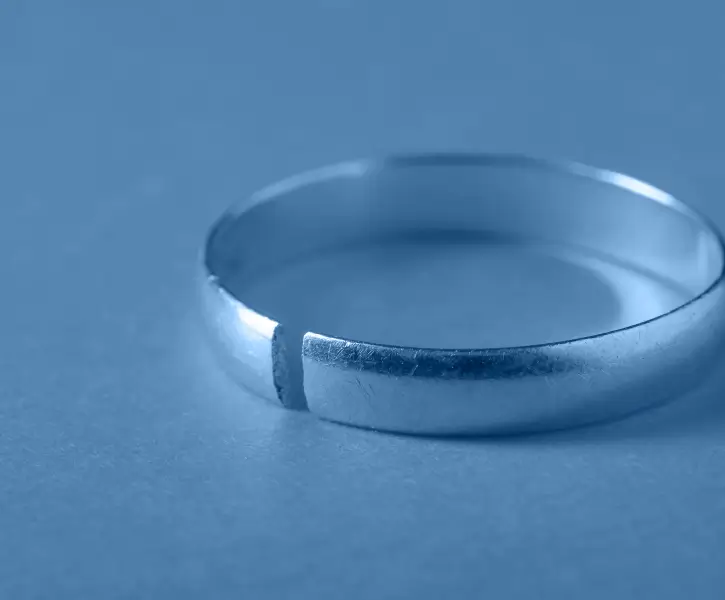For many divorcing couples, there is always concern about how the assets will be divided. Many people want to make sure that they get their entitled share. But sometimes, the split is not always straightforward. Is divorce 50/50 in Colorado? We will help answer those questions and give you a few ways to prepare for your marital asset division.
What Is Equitable Distribution?
In many states, the legal standard for dividing marital property is known as equitable distribution. Unlike community property, this division is not a 50/50 split. With these principles, the court fairly divides property. Keep in mind that fair does not always mean equal. There are several factors used in the process to divide property. These include:
- The length of the marriage
- The economic circumstances of each spouse
- Contributions to the marriage
- Dissipation of assets
- Separate property of each spouse
Under Colorado Revised Statutes § 14-10-113, marital property is subject to equitable division. This is not a 50/50 state. However, if there is separate property, such as assets a spouse had before the marriage, they can keep them. But if these properties or assets are combined with marital assets, they can be considered marital property.
What Marital Property Will Be Divided?
Before any divisions can occur, the courts will need to consider which property is marital and which is separate. Under most circumstances, marital property includes all assets and debts acquired by either spouse during the course of the marriage. These include:
- Real estate, such as homes and rental properties
- Vehicles
- Retirement accounts, such as 401(k) or IRAs
- Investments, such as stocks or bonds
- Personal property, including furniture, art, and jewelry
- Business interests
- Income earned during the marriage
On the other hand, separate property includes assets that a spouse owned prior to the marriage. In these cases, assets might include one spouse’s inheritance during the marriage or gifts specifically given to one spouse. However, separate property can be considered marital property if it is commingled with these assets or used for the benefit of both spouses.
What About Debts?
Along with dividing assets, Colorado courts also divide marital debts. These debts are often incurred during the marriage. They can include:
- Mortgages
- Credit card debt
- Car loans
These debts are also divided equitably. In these cases, the courts will evaluate which spouse is better able to repay certain debts and who holds responsibility for incurring them. For example, if one spouse used a credit card primarily for personal expenses, the court may assign a larger portion to that person.
How Are Retirement Accounts and Pensions Treated?
For many people, retirement accounts and pensions make up a large portion of their assets.
In Colorado, these accounts are considered marital property if they were accrued during the marriage. With a Qualified Domestic Relations Order (QDRO), the court will divide them between the spouses. This order allows the division of retirement accounts without tax penalties.
Remember that while a retirement account may be split, this does not mean it will be divided evenly. In these cases, the court will look at each spouse’s future financial needs and earning potential when deciding how to allocate retirement funds.
Get More Details About Asset Division in a Divorce
Is divorce 50/50 in Colorado? The answer is no. Instead, the courts follow an equitable distribution model. With that, marital assets are divided in a fair but not necessarily equal way. Since every divorce has unique circumstances, the final distribution of assets depends on the specifics of each case and what the court considers to be an equitable outcome.
If you are considering ending your marriage and are interested in divorce, reach out to Choice City Family Law. We are here to assist with your family law issues in Colorado. Contact us today to schedule a consultation.



